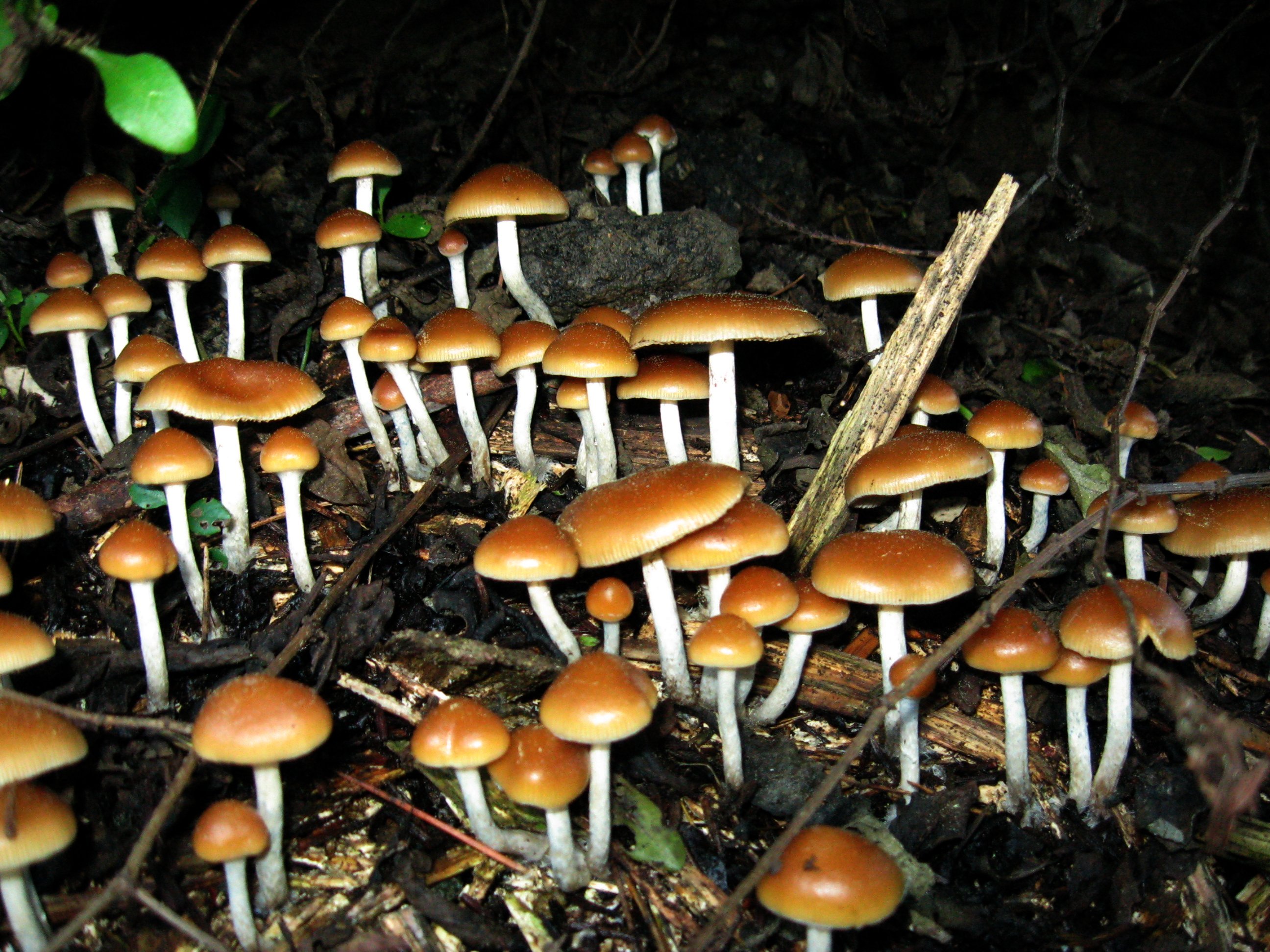Magic mushrooms, scientifically known because psilocybin mushrooms, include captivated human attention for centuries. Their psychoactive properties have directed to varied social interpretations, uses, and even spiritual significances around different civilizations. This kind of article delves to the historical context regarding magic mushrooms, their very own traditional uses in various cultures, and the modern resurgence involving interest within their therapeutic potential.
Historical Circumstance
Ancient Cultures
The particular use of magic mushrooms can always be traced back to historic civilizations, with archaeological evidence suggesting their particular consumption by native cultures. The first acknowledged use goes back to be able to the Aztecs throughout Mesoamerica, who reported these fungi while teonanácatl, meaning “flesh of the gods. ” They believed that these mushrooms triggerred communication with deities, allowing shamans to be able to gain insights and even perform healing motions.
Similarly, the Mixtec and Zapotec people also used wonder mushrooms in their spiritual practices, seeing them as a signifies to transcend actuality and connect together with the divine. Old artwork and codices depict scenes involving mushroom consumption, showing the integral role they played in religious ceremonies.
In Africa, the application of psilocybin mushrooms is much less documented but still significant. The Sotho people of Lesotho as well as the Xhosa of Southern region Africa used mushrooms in traditional motions, viewing them as a tool for divination and healing.

Indigenous Practices
Indigenous civilizations in the Americas have long recognized the psychoactive properties of magic mushrooms. As an example, the Mazatec people of Oaxaca, Mexico, have a rich history of making use of mushrooms for psychic guidance and recovery. Maria Sabina, the renowned Mazatec curandera (healer), popularized the particular use of these kinds of mushrooms in the mid-20th century, bringing in attention from Westerners, including musicians and writers who sought mystical experiences.
Typically the use of magic mushrooms has likewise persisted among Native American tribes, exactly where they sometimes are incorporated in to sacred rituals. With regard to these cultures, the mushrooms function as the conduit for the religious world, allowing men and women to explore their consciousness and connect to ancestral spirits.
Modern day Uses and Exploration
Therapeutic Potential
In recent years, the interest throughout magic mushrooms has seen a resurgence, particularly inside the mind spaces of psychology plus psychiatry. Studies have started to uncover the therapeutic potential of psilocybin, especially found in treating mental well being disorders such as depression, anxiety, and PTSD.
Clinical trials have demonstrated that psilocybin can facilitate profound experience that lead to significant psychological treatment. For example, research at Johns Hopkins University have shown that patients together with treatment-resistant depression noted substantial improvements in their symptoms after psilocybin-assisted therapy. These types of findings have motivated a reevaluation involving the stigma bordering psychedelics and include paved the way for typically the potential medical make use of of magic mushrooms.
Microdosing
Another modern trend is microdosing, the practice associated with consuming sub-perceptual doses of psilocybin to enhance creativity, focus, plus emotional well-being. Although scientific evidence on the efficacy of microdosing is still limited, anecdotal reports recommend that individuals have got experienced positive effects on mood and productivity. This trend has garnered interest from Silicon Vly entrepreneurs and creatives, who keep pace with open their cognitive possible without the intense experiences associated together with full doses.
i thought about this on magic mushrooms likewise reflects broader ethnical shifts towards alternative and nonconventional medicine. While society becomes extra aware of the limitations of conventional therapies for mental health, the exploration associated with natural treatments has received traction. Magic mushrooms, together with other psychedelics, are increasingly viewed like valuable tools within mental health treatment, promoting a paradigm shift in just how we approach psychological well-being.
Legal and Ethical Considerations
Since the interest in wonder mushrooms grows, so will the debate adjacent their legal status. Many countries sort out psilocybin as the controlled substance, which usually poses challenges intended for researchers and persons seeking therapeutic benefits. However, some areas, such as Oregon in the United States and Canada, have begun to decriminalize or get a grip on psilocybin for therapeutic use, signaling the shift towards more progressive policies.
Ethically, the resurgence interesting in magic mushrooms raises questions regarding cultural appropriation. Because Western society sees the use involving psychedelics, you have to admit and respect the particular traditional knowledge and even practices of native cultures. There is usually a growing call up for ethical rules that honor typically the cultural heritage of these substances while marketing responsible use.
Bottom line
Magic mushrooms include traversed the corridors of time, by their ancient ritual uses in local cultures with their modern day exploration as prospective therapeutic agents. Since society is constantly on the develop in its understanding of mental health in addition to spirituality, the cultural perspectives on miraculous mushrooms are most likely to expand, blending traditional wisdom with contemporary scientific insights.
The journey in the world of miracle mushrooms invites us to explore our intelligence, seek healing, in addition to connect with the outstanding mysteries of existence. Whether viewed via the lens of history or modern science, the relevance of these fascinating fungus remains a wealthy tapestry of social perspectives, inviting curiosity and respect from all who seek to understand their unique place in human experience.
